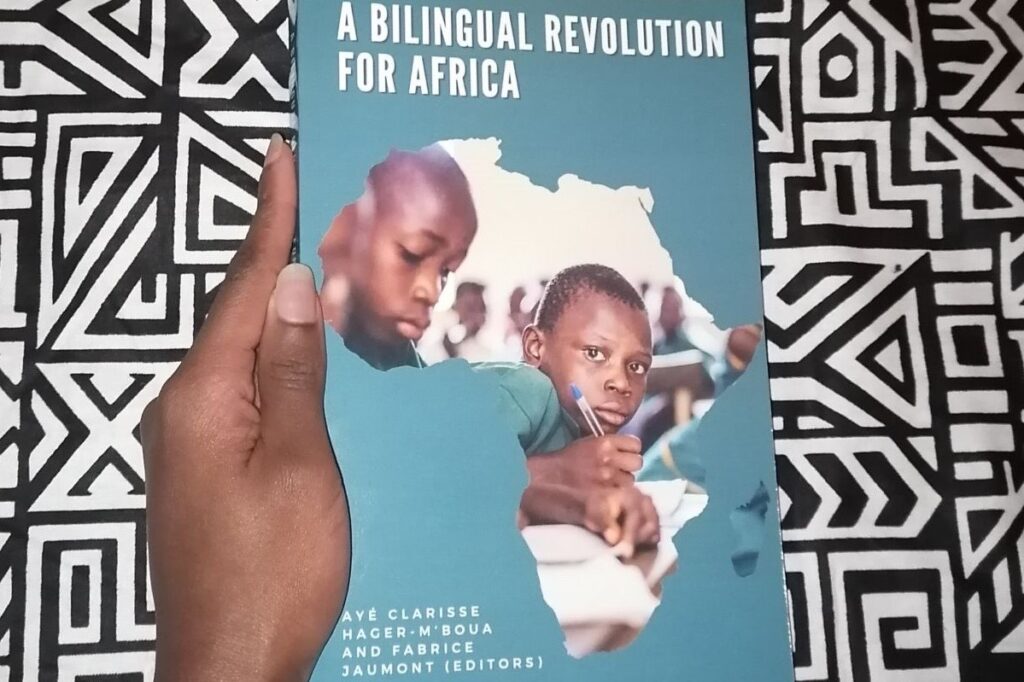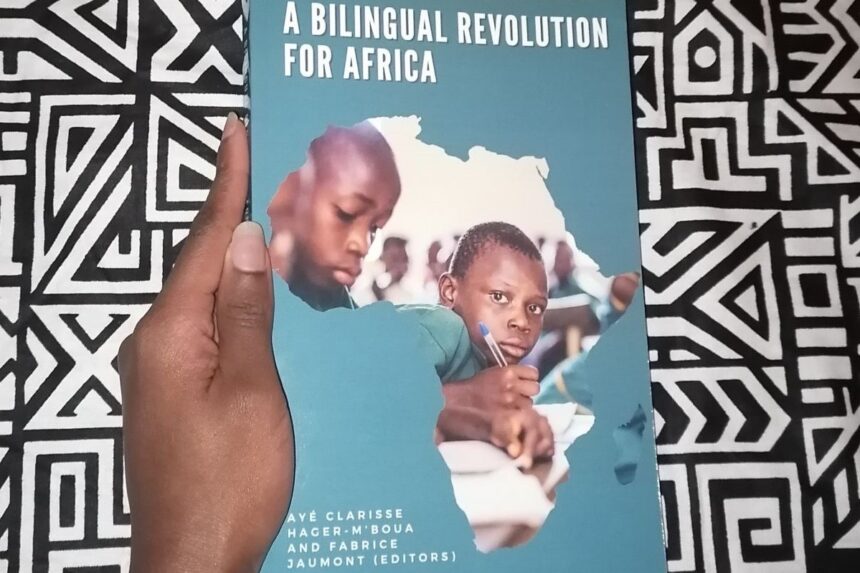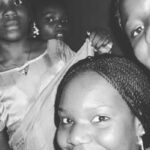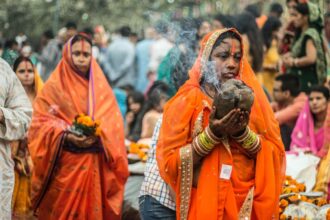Defining the “White Gaze” and its Influence on Black Creation
Many of us are familiar with the term “white gaze”. For those who don’t know its meaning, the white gaze refers to the awareness and assumption that everything created by Black people will be consumed, critiqued, interpreted by White people. As the main audience around and for whom most things are created because of their spending ability, how many of them are positioned economically and good old White supremacy, Black and other non-white writers, artists, risk over policing their art for White pleasure and acceptance which ultimately contribute to mainstream success. We centre the White European view and understanding of the world and its interpretation. It is closely related to the concept of double consciousness. Both WEB Du Bois and Frantz Fanon have written about it explaining that it is the phenomenon by which Black individuals see themselves through the eyes of the other: the White.
- Defining the “White Gaze” and its Influence on Black Creation
- Western Emphasis on Sight and the Limitations of Visual-Centric Understanding
- The Western Dismissal of African Oral Traditions and Linguistic Richness
- The Marginalization of African Languages: Perceptions and Consequences
- Colonial Influence on Language Perceptions and the Path to Decolonization
Western Emphasis on Sight and the Limitations of Visual-Centric Understanding
The Western world emphasises the sight as the most supreme and important sense. David Lowe wrote
that “many, from Aristotle in Metaphysics to Hans Jonas in Phenomenon of Life, have said that sight is most noble” before highlighting its limits. The West even goes as far as defining self-awareness through the mirror test. According to Western sight-centred science, if a being isn’t able to recognise that what they see in the mirror is a reflection of themselves then they are not conscious of their being. Many non-human animals use smelling and hearing as ways to be and understand their surroundings. Their awareness of themselves and the world is done via those other senses. Imposing a Western standard is typical, limiting and limited.

We see this in the human sphere as well. History, in the Western view (pun intended), is defined as that
which has happened after writing was invented. And writing is about using a tool to put words onto a
platform that makes them visible and readable. Drawings and symbols are also a form of writing but let’s follow the Western limits and reduce writing to that which you’re seeing on this page: letters, words, syllables, commas, full stops.
The Western Dismissal of African Oral Traditions and Linguistic Richness
In a Western sense, many if not most African societies have no history because it has not been recorded with alphabetical letters. Our rich oral tradition has been completely disregarded and demoted to myths, legends, hearsay with no foundation or reliable sources. This is particularly funny when Western historians and archaeologists didn’t believe the oral data given by Malian historians on the founding date of Djenne just to find out they were right all along.
If the West places so much emphasis on what meets the eye and ignores the ear, how do you think they
interpret the living sounds that are coming out of our African mouths? And what impact does that have on how we hear, relate to and describe our Black and African languages?
In the first episode of Roots, we hear this dialogue between Captain Davies and Mr Slater:
Mr Slater – I speak their language, you might say.
Captain Davies – Their language?
Mr Slater – In a manner of speaking, sir. They have no proper language. No need of it. Just grunts and
groans.

In another scene when Kunta Kinteh and other people are brought on deck to be washed and to exercise, they start humming and chanting.
Captain Davies – What is it that they’re saying there Mr Slater?
Mr Slater – How would a White man know that, sir? African mumbo jumbo is what it is, more than likely.
The Marginalization of African Languages: Perceptions and Consequences
Considering African languages as less than, a mixture of non-intelligible sounds, mere dialects that are yet to evolve and reach the status of language, have a direct influence on how much (or little) value we place on them. We might think of them as unworthy to:
- Study. How much time, money and energy do we invest in African linguistics?
- Learn. How easy is it to find schools and universities across the globe that teach African languages.
If you’re searching for one in Europe, INALCO in Paris is what you’re looking for. - Teach. Both continental and diasporan Africans often do their children a disservice by not teaching them their mother tongues for fear that it will slow their educational development and chances at getting a job in the future. However there are many benefits and advantages in being proficient in African languages as written in A Bilingual Revolution for Africa. As children, especially those of us born and raised in the West, we also feel shame and try to dissociate ourselves as much as possible from our Africanness. One of the first things we sacrifice in the quest of acceptance from our White peers is precisely language.
Colonial Influence on Language Perceptions and the Path to Decolonization
We might also think that Black languages are not refined enough to be a country’s official language. All these opinions stem from the use of a White and colonial ear to decipher and understand African
languages. The same ear that mocks and demeans them. A White hearing will never do justice to African languages.
We conform to capitalist, colonial and neocolonial rules in which economic and political dictates tell us that French will take you further than Bamanankan, or that English has more range than Patois.
Things are slowly changing though as Mali proclaimed 13 of its languages as official languages and Jamaica is pushing for the official recognition of Patois.
The sooner we identify the colonial lens and, dare I say, ear aides that warp our realities, the sooner we can remove them to see, hear, and interact with our world in a free and decolonized way.


















